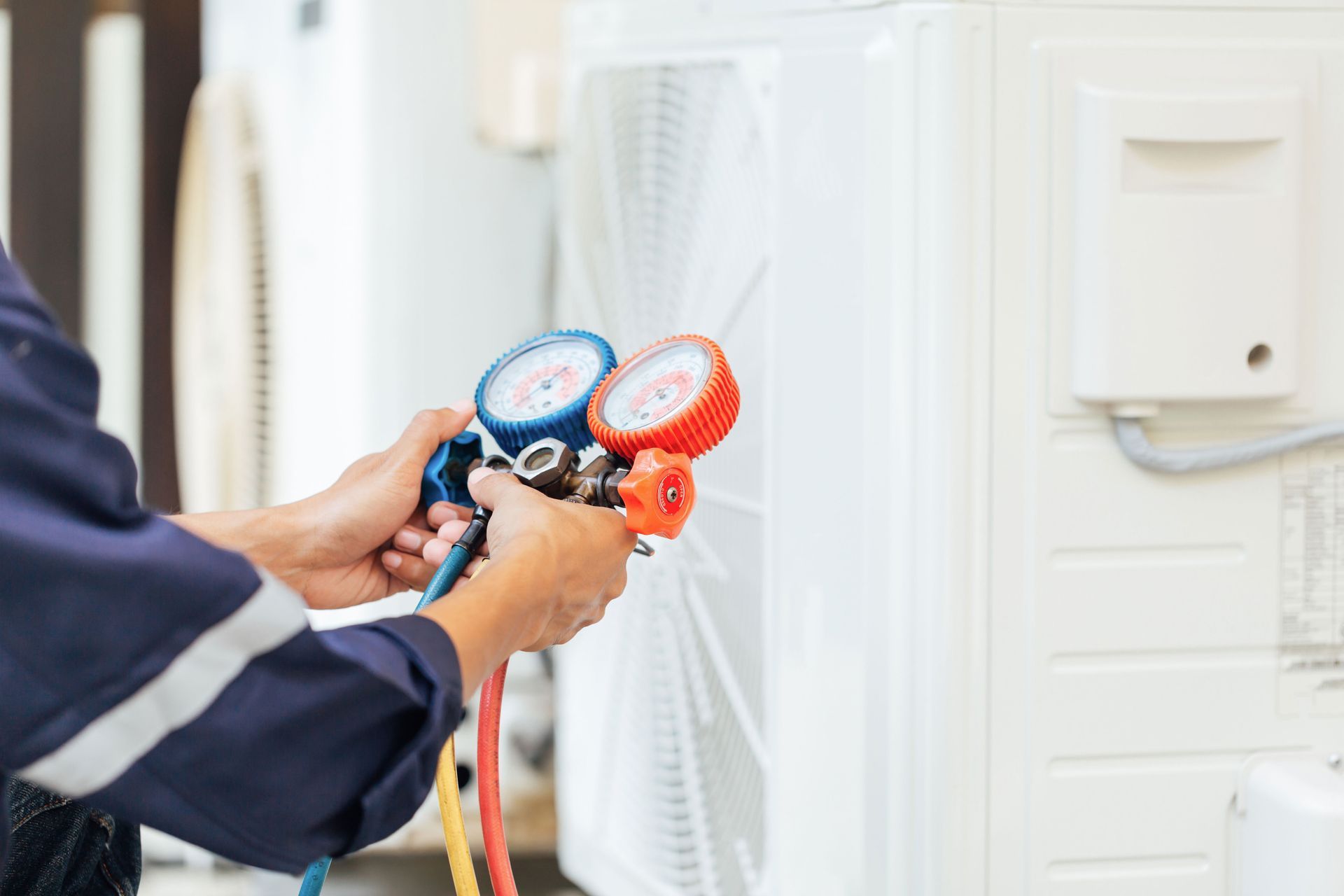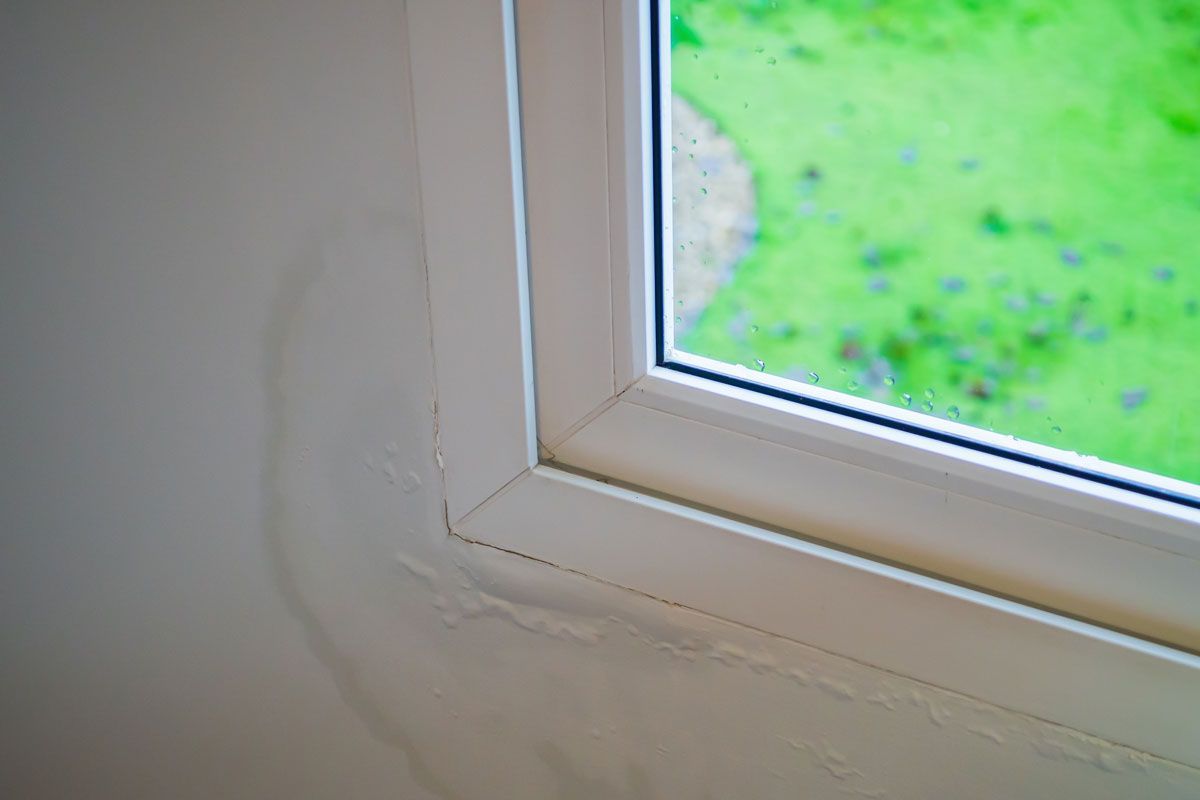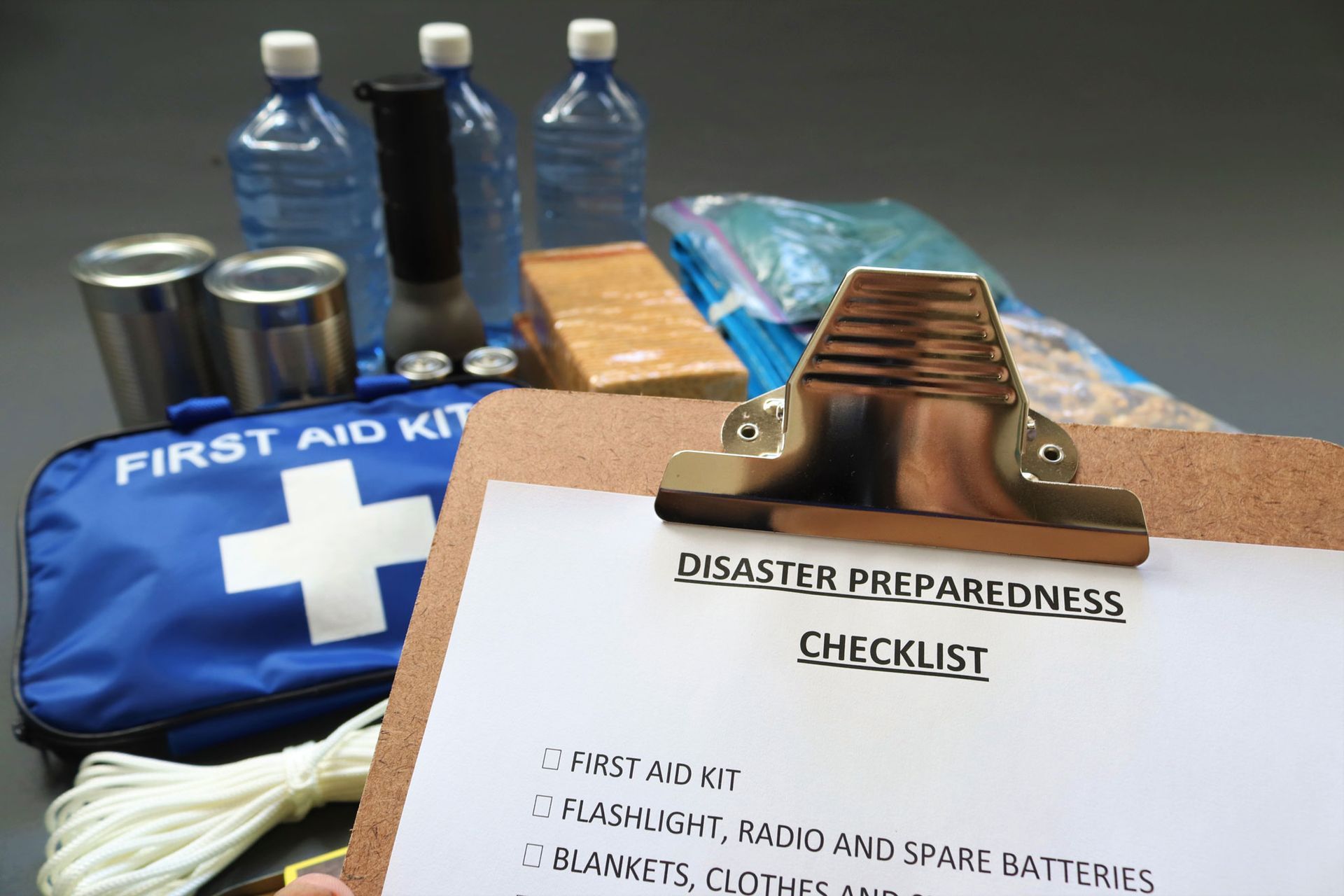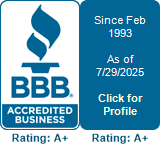Fire Safety Tips Blog
The holidays are a joyous time of year but they do come with some risks. We want our community to experience only the magic this season with these tips for your family's safety.
Christmas Trees
- Choose a healthy tree with fresh, green needles that do not fall off when touched.
- Immediately before placing a tree in its stand, cut 5 cm (2 in.) from the base of the trunk; this can help the tree to draw up water. If the cut surface is allowed to dry, it will reduce the water uptake to the tree.
- Always keep the tree well-watered. Make sure to check the water level in the stand daily.
- Make sure that the tree is at least three feet away from any heat source (e.g. space heaters, candles, fireplaces, heat vents, or lights).
- Make sure that the tree does not block an exit. Keep your live Christmas tree away from heat sources and room exits.
- Only use decorative lights that have the label of a recognized testing laboratory. Make sure light bulbs, strings, and connections are not broken or damaged in any way.
- Only use decorations that are flame-retardant or not flammable.
- Check holiday lights each year for frayed wires or excessive wear.
- Don’t link more than three strands of holiday lights.
- Always turn off tree lights before leaving home or going to bed.
- Never use lit candles to decorate the tree. Never leave a burning candle unattended. Consider using battery-operated flameless candles
- Get rid of the tree after Christmas or when it is dry and keep it away from your home/garage. Of the ten days with the largest shares of Christmas tree fires, none were before Christmas[3].
- Check with your local community to find a tree recycling program.
Fireplace Safety
Nothing takes the chill off winter holidays like the light and heat of a fire on your hearth. Just be sure to keep “fuel” – from wrapping paper to rugs to clothing – at least three feet away from the flames. Use a fire screen to keep embers and logs from escaping. Lastly, make sure all embers are fully extinguished before you turn in for the night.
Fireworks
We usually talk about firework safety for the Fourth of July, but many New Year celebrations also include fireworks. Please consider these tips if planning to light off any fireworks this holiday season.
- Always use fireworks outside and have a bucket of water/hose nearby in case of accidents.
- Designate a safety perimeter. If you have ground-based fireworks like a fountain, spectating from at least 35 feet away is
- best. For aerial fireworks, you’ll want everyone to move back to a distance of around 150 feet.
- Ditch faulty fireworks. Sometimes fireworks don’t go off, but duds always pose a risk. The important thing to know is that
- you should never try to relight or approach a failed firework. Let duds sit for 5 -10 minutes before you put them in a bucket of water. This can prevent injury from a delayed explosion and disarm the firework permanently so you can safely dispose of it.
- Supervise children when they are handling sparklers. Sparklers burn at about 2,000 degrees Fahrenheit—hot enough to melt some metals. Sparklers can quickly ignite clothing, and children have received severe burns from dropping sparklers on their feet or touching body parts.
- Don’t forget about your pets! Fireworks can be extremely stressful for pets, but there are ways to help reduce their fear and anxiety. Keep your pets indoors. Close the curtains or blinds and turn on the TV or radio to provide some distraction. Treat toys filled with their favorite food (frozen pumpkin puree, peanut butter, and apple sauce are good options) may also help keep their minds busy and distract them from the fireworks.
- Soak both spent and unused fireworks in water for a few hours before discarding.
- Never place a part of your body directly over a firework or hold a firework in your hand when lighting.To safely light
- fireworks, make sure they are secured on the ground away from people and animals and use a stem lighter such as a grill
- lighter.
- Only light one firework at a time. Lighting multiple fireworks at the same time increases the risk of accidents occurring
- from the fuse burning faster than designed.
- Avoid alcohol consumption when handling or using fireworks. This should be pretty self-explanatory.
- Consider safe alternatives to fireworks such as party poppers, bubbles, silly string, or glow sticks.
Cooking and Baking
No holiday celebration would be complete without a feast, but be sure to take precautions against kitchen fires when you’re cooking and baking. That includes keeping children and flammable items such as grocery bags and kitchen towels away from the stove and oven. Clean up greasy spills as you go to remove another fire hazard. If you’re deep frying a turkey, keep the fryer well away from structures and trees, make sure your turkey is fully thawed, and follow the manufacturer’s instructions for your fryer. See the National Fire Protection Association's guidelines for Cooking Safety.
You might also like





